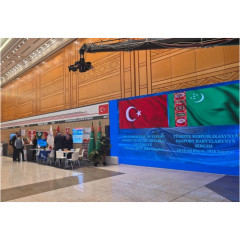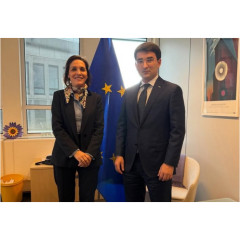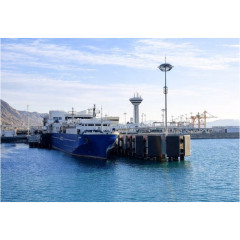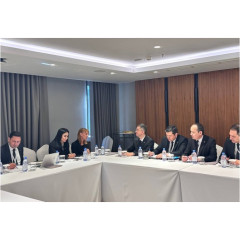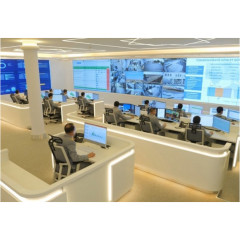


This year 2024 marks a milestone in the acceleration of digitalization in shipping.
The requirement under the Convention on Facilitation of International Maritime Traffic (FAL), requires Governments to use a single digital platform or “Maritime Single Window” to share and exchange information with ships when they call at ports, since 1 January 2024. This will streamline procedures to clear the arrival, stay and departure of ships and greatly enhance the efficiency of shipping worldwide.
IMO Secretary-General Arsenio Dominguez said: “Digitalization is critical for greater efficiency in shipping. The Maritime Single Window delivers information between ships, ports and government agencies quickly, reliably and smoothly.”
The Facilitation Convention was adopted in 1965 and contains Standards and Recommended Practices with rules and procedures for simplifying formalities, documentary requirements and procedures on ships’ arrival, stay and departure. The Convention has been updated continuously, embracing digitalization and automation for procedures.
When ships enter and leave ports, vital information must be exchanged with various entities ashore. Port authorities, pilots, maritime administrations and health authorities require information about the vessel, cargoes, dangerous goods, crew, passengers and more for safety, security and environmental protection reasons.
Since 2019, IMO requires data related to clearance of ship, cargo and persons to be exchanged electronically between the ships reporting parties, such as the master, ship agents and ship owners and the authorities offshore. In addition, from 1 January 2024, the single window is mandatory in all ports. With a maritime single window, data is submitted through a single portal without duplication and distributed to the correct authorities.
